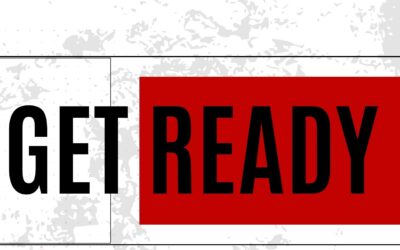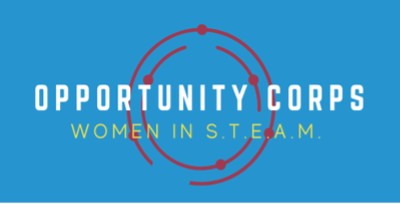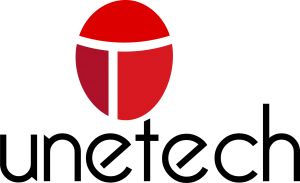On Sept. 29, Brian Ardinger of the InsideOutside Innovation podcast hosted a live recording with Brant Cooper, a consultant specializing in innovation for Fortune 50 companies and entrepreneurs.
Cooper authored a new book called Disruption Proof: Empower People. Create Value. Drive Change, which just debuted on Nov. 9. He also penned the well-known book The Lean Entrepreneur.
 The purpose of the talk was to discuss how companies can sustain their business through unprecedented times—like a global pandemic, for example—by utilizing empathy, exploration, evidence, and ethics. Cooper is passionate about finding ways to utilize the talents of each member of a team.
The purpose of the talk was to discuss how companies can sustain their business through unprecedented times—like a global pandemic, for example—by utilizing empathy, exploration, evidence, and ethics. Cooper is passionate about finding ways to utilize the talents of each member of a team.
“We hire smart people because of their intelligence and creativity, and then we sit there and tell them what to do and measure their value by the tasks completed over time,” Cooper said. “It shouldn’t be such a radical idea that we would instead empower these people to solve problems.”
Cooper believes that there are “curious, restless people” at every organization who likely have ideas for fixing issues that would usually be outside of the scope of their work. The sectioned-off nature of many workplaces prevents true collaboration from taking place, which can be detrimental to problem-solving and team morale.
He talks extensively about using team creativity to solve internal issues. For example, say that management has noticed a disconnect between the design and manufacturing teams. Instead of taking the typical approach of C-suites coming up with a solution and passing it along, a better way to find the root issue is by involving employees from both teams, and some from the outside.
“To get the change done, you of course have to have management bought-in and supporting it,” Cooper said. “But the change that has to happen is grassroots, it’s bottom-up. Companies try this top-down implementation, which is just continuing the industrial-age command and control hierarchy—it just doesn’t work.”
Starting this kind of grassroots movement within an organization can be difficult, Cooper admits. He suggests starting a weekly happy hour meeting or Slack channel with other like-minded people at the company to begin finding ways that they can use their talents to solve issues together.
A great example of a modern issue that companies face is the restructuring of remote-hybrid work environments. One attendee asked Cooper if he had suggestions for how employees can help solve some of the issues inherent in that transition, especially as management feels a loss of control in a non-physical setting.
“Management has talked themselves into this myth that they actually have to see people sitting in front of a computer to know they are doing work,” Cooper explains. “You have to switch from task management to progress on desired outcomes. If you’re just managing tasks, you kind of need to see what people are doing. But if you actually see that people are making progress—regardless of if they’re sitting in front of their computer—how would the former be more important than the latter?”
Cooper also stresses the importance of team settings, even in online work environments. Remote work can rob teams of the sense of comradery and socialization that help build strong company cultures, so finding ways to involve team building online is an important factor.
For more tips on creating a disruption-proof work environment, check out Disruption Proof and Cooper’s many talks on startups and innovation.




